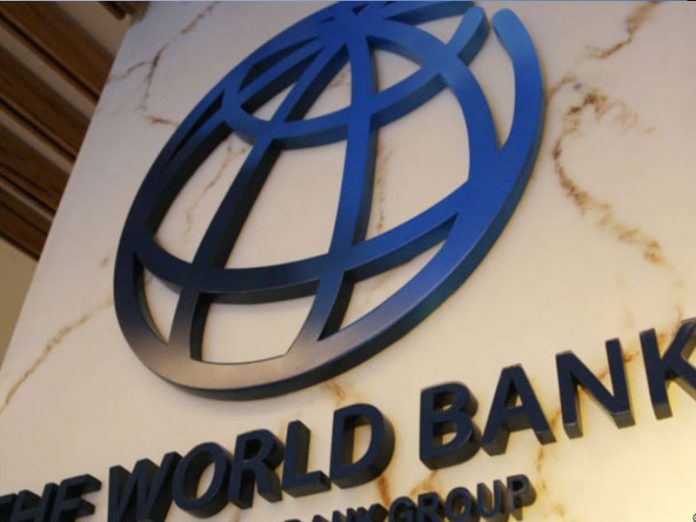KUALA LUMPUR, Feb 3 (NNN-Bernama) — The Malaysian government’s current fiscal consolidation plan should include raising revenue collection as the country’s revenue is expected to decline further from 15 per cent of gross domestic product (GDP) in 2023 to an average of 14.7 per cent in the medium term, the World Bank said.
According to the Washington DC-based institution, it is important to address the persistent decline in revenue collection and explore new sources of revenue as Malaysia’s revenue level remains low and trailing comparative peers.
“The Fiscal Responsibility Act (FRA), which is being drafted and finalised, should include detailed plans on measures to diversify its revenue sources and consideration should be given to streamlining reliefs and broadening the tax base of personal income tax as well as enhancing the consumption tax framework,” it said in the latest World Bank Malaysia Economic Monitor report titled ‘Expanding Malaysia’s Digital Frontier’ launched Friday.
The report also said that the current fiscal consolidation strategy via spending reduction is challenging, given the current spending rigidity.
“On the spending side, there could be savings from moving from blanketed subsidies, particularly in fuel, to more targeted ones. However, relying on spending reduction is challenging.
“In part, this is due to combined spending on structural expenditure being already at high levels; and secondly, other original equipment components such as supplies, and services have been on a declining trend or already at low levels,” it said.
The World Bank noted that the government expects spending on subsidies to moderate slightly to 2.3 per cent of GDP as global oil prices are expected to subside for this year.
It also said rigid expenditures remain high and are expected to increase in 2023. Moving forward, the combined spending on structural expenditures is expected to increase to 61 per cent of total government expenditures in 2023.
“The increased spending on these items, together with the decline in revenue, remains a constraint to the government’s fiscal space and poses a challenge to long term fiscal sustainability,” it warned.
Meanwhile, government debt remains close to its statutory limit of 65 per cent of GDP.
“As of the end of June 2022, the federal government debt stood at 61 per cent of GDP and there was a noticeable increase in federal government debt during the pandemic,” it noted, adding that the government expects the statutory debt-to-GDP ratio to increase to 63 per cent by end-2023.
Furthermore, it said the recent increase by Bank Negara Malaysia (BNM) on its overnight policy rate (OPR) was a pre-emptive move to manage the risk of excessive demand on price pressures, balancing the risks to domestic inflation and sustainable growth.
“In the domestic bond, market, portfolio outflows have led to higher local government bond yields across all maturities. The increase in the yield is also partly due to the increase in the OPR by BNM,” it noted.
Nevertheless, the report said deep liquidity from local institutional investors helped to cushion the increase in bond yields.
On banking, it said the share of business loans under repayment assistance has declined since the expiry of standardised repayment assistance.
“Moving forward, financial institutions have been given the flexibility to address repayment issues on a case-by-case basis,” it noted.
As for digitalisation, the report pointed out that there had been a significant expansion of digitalisation in Malaysia during the pandemic which has accelerated digitalisation among firms, digital payments and the advancement of digitalisation in government services.
“However, despite substantial progress, Malaysia still faces challenges in its efforts towards greater digitalisation, such as the digital divide,” it said.
The World Bank recommended that the first priority policy area in this area should address increasing access to and use of digital infrastructure by strengthening the enabling framework for competition, in order to control the anti-competitive effects of mergers and acquisitions and easing foreign entry restrictions for telecommunications and network services.
“The second policy priority (should) promote a conducive environment for public and private digital platforms.
“Fostering the usage of open standards and interfaces as well as ensuring the interoperability of standards and systems (will) allow a seamless exchange of information and communication, for both public and private sector,” it advised.
— NNN-BERNAMA






